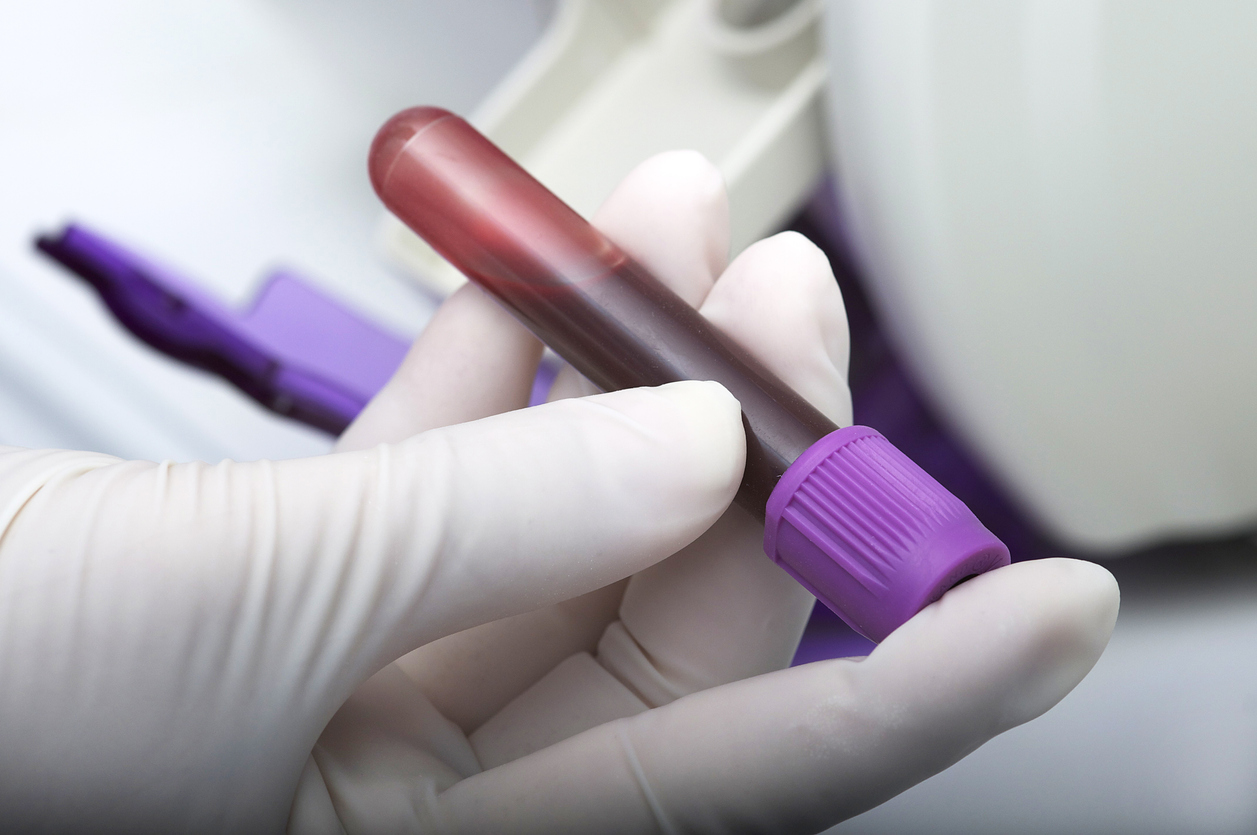August 29, 2025 | Personal Injury

Exsanguination refers to severe blood loss that threatens your life. A sudden drop in blood volume may cut off oxygen flow to your brain and organs. You may lose about forty percent of your blood before you collapse.
A crash, surgical error, or a clotting problem may cause this loss. Fast medical action may prevent death.
Severe Blood Loss Leads to Death
Blood carries oxygen and nutrients that your organs need. A drastic drop in volume (exanguination) may shut down your heart, brain, and lungs. Your body may enter shock. Vital tissues may die. You may drop into irreversible collapse if medical teams do not stop the bleed. You may lose forty percent of your blood and risk death.
Physiological responses such as raised heart rate and narrowed vessels cannot hold off collapse for long. If medical staff fail to stop blood loss quickly, cells may die. Your organs may fail. You may lose your life.
Trauma Can Trigger Sudden Bleeding
Trauma from a crash, fall, or assault may tear vessels and lead to rapid blood loss. A penetrating wound or gunshot may cut a major artery. Even a blunt force blow may break large vessels under the skin. You may lose your life within minutes without prompt care.
Fear and shock may freeze your ability to act. Bystanders may help apply pressure or tourniquets while someone calls for help. You may live because someone acted without delay.
Medical Teams Race Against Time
Medical staff work under tight deadlines after severe blood loss. EMTs and paramedics assess your vital signs, apply pressure, use tourniquets, and give IV fluids. They aim to halt bleeding before you reach the hospital.
Once in surgery, teams locate internal bleeding and repair vessels. They may transfuse blood or platelets. Every minute counts. A delay may turn an acute hemorrhage into fatal trauma.
Injuries That Cause Exsanguination
Penetrating wounds, such as stab or gunshot injuries, often result in life‑threatening blood loss. Vehicle crashes, falls from height, and industrial accidents may cause deep cuts, internal organ tears, or fractured bones that slice vessels.
Medical errors, such as surgical trauma or clotting failures, may also result in massive hemorrhage. Medical responders must assess the injury mechanism, find the bleeding source, and act fast.
Fast Action Can Save a Life
Every second matters when bleeding threatens your life. A bystander who applies firm pressure or wraps a tourniquet may save you. Emergency staff who arrive quickly may prevent irreversible damage.
A community trained to spot severe bleeding increases survival odds. First aid knowledge empowers action. Quick response may make the difference between life and death.
Legal Claims Follow Fatal Bleeds
If exsanguination results in death, you may be able to seek compensation on behalf of the victim’s estate. In New York, the personal representative must have filed a wrongful death claim with the court within two years of the date of death, according to medical records. Delays in filing may end your legal rights.
You may submit evidence such as hospital records, autopsy reports, or expert testimony. You may pursue damages for financial loss or loss of support. You may depend on qualified legal counsel to guide your claim.
Schedule a Consultation with a Personal Injury Lawyer
You face difficult decisions after a fatal bleed. Legal help is available for wrongful death cases. You may consult with a lawyer at no cost to review hospital reports, accident details, and cause of death evidence to assess your case. They can explain legal deadlines, outline filing steps, and ensure paperwork is submitted on time.
While you focus on grieving, your legal representative can handle case matters and work to pursue compensation for your loss. For more information, please contact the personal injury attorneys at KRLG Injury Lawyers at our nearest location to schedule a free consultation today.
We serve Scottsdale, Phoenix, Maricopa County, & Arizona’s surrounding areas.
KRLG Injury Lawyers
10609 Hayden Rd Suite 106, Scottsdale, AZ 85260, United States
(623) 303-5754
